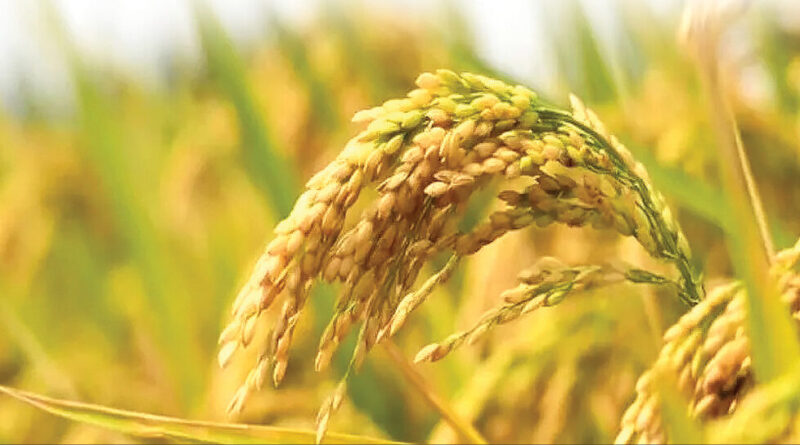Punjab farmers set to stick with pollution-causing variety of rice
By Vishal Joshi
The seeds of Delhi and the northern plains’ bad air this winter will be sown in Punjab next week. The equation reads thus: PUSA 44 in June equals higher PM2.5 and PM10 in November.
PUSA 44 is an unrecommended non-basmati variety of rice, clearly tagged as an environmental hazard that takes a month longer to mature than other varieties. As a result, farmers have less of a window to clear the fields after its harvest to plant the winter wheat crop – and so, it is well known as a key contributor to the stubble burning that causes chronic air pollution over Delhi and the northern plains.
The variety remains popular among rice cultivators of Punjab because of its higher yield.
In 2022-23, this long-duration variety was sown on almost 1.2 million acres despite the state government trying to make farmers switch to short-duration varieties such as PR 126 and 128. Officials in the state agriculture department estimate that this year, the acerage of this variety is likely to be between 7,00,000 and 1 million acres.
PUSA 44, largely cultivated in the districts of Barnala, Sangrur, Ferozepur, Patiala and Moga, is notorious for producing more organic waste than other paddy varieties. Developed by the Delhi-based Indian Council of Agricultural Research (ICAR), commonly referred to as PUSA Institute, it is one of the oldest varieties grown in Punjab.
But it takes longer to mature. The chief agriculture officer of Ferozepur, Tejpal Singh said PUSA 44 takes 145-150 days to mature, almost 30 days more than other recommended parmal rice (PR) varieties.
It also needs more water, and generates more waste.
“This variety is notorious for requiring 5-6 extra cycles of irrigation than other types of paddy. PUSA 44 generates about 30 quintals of straw per acre, which is 5-7 quintals more than other varieties,” Singh added.
Punjab agriculture department director Gurvidner Singh said the department has intensified a drive against the water-intensive variety.
“Following a recommendation from Punjab to phase out the unwanted variety, the Centre withdrew PUSA 44 from the seed cycle last year. But farmers having personal seed banks will continue sowing it this year. But certified seeds of PUSA 44 will not be available for the 2023-24 kharif sowing season and we hope to get rid of it from next year,” he added.
Haryana has already banned its sowing from this season.
“In 2022, the Haryana government launched an intense campaign to discourage farmers from sowing it. But from the current kharif season, sowing of PUSA 44 is prohibited,” said Karam Chand, the director of Jind-based State Agricultural Management and Extension Training Institute (HAMETI), an autonomous public sector body in Haryana.
Delhi’s winter pollution problem cannot be resolved by stopgap measures taken when a toxic haze descends on the Capital, and needs holistic measures that are implemented the whole year. Therefore, the authorities must ensure on priority that PUSA 44 varieties of seeds are not sown, and work with farmers to forestall a future stubble burning problem.
Harvinder Singh, a farmer in Dhanaula in Barnala district blames state authorities for failing to sensitise farmers about the field success of short-duration varieties. He said 5-7 quintals more yield from PUSA 44 is the biggest attraction for farmers.
“Our joint family has about 65 acres and we have been sowing PUSA 44 and other long-duration varieties for the last several years. After limited field experiments with short duration variety of PR 128 since 2020, we have completely phased out PUSA 44,” he said.
According to the director of extension education at Punjab Agriculture University, Gurmeet Singh Buttar, the higher yield is offset by other factors.
“Farmers do not calculate higher cost input, stress on groundwater, higher chemical load and the excess electricity they need to run tube wells for this long-duration variety. Being a long-duration variety, it remains more exposed to pest attacks. PUSA-44 is a water guzzler. Since it matures late, PUSA 44 leaves a short window for wheat sowing in the rabi season and hinders best practices for paddy stubble management,” he explained.
Delhi may pay for Punjab’s folly in winter.
This article has been republished from The Hindustan Times

